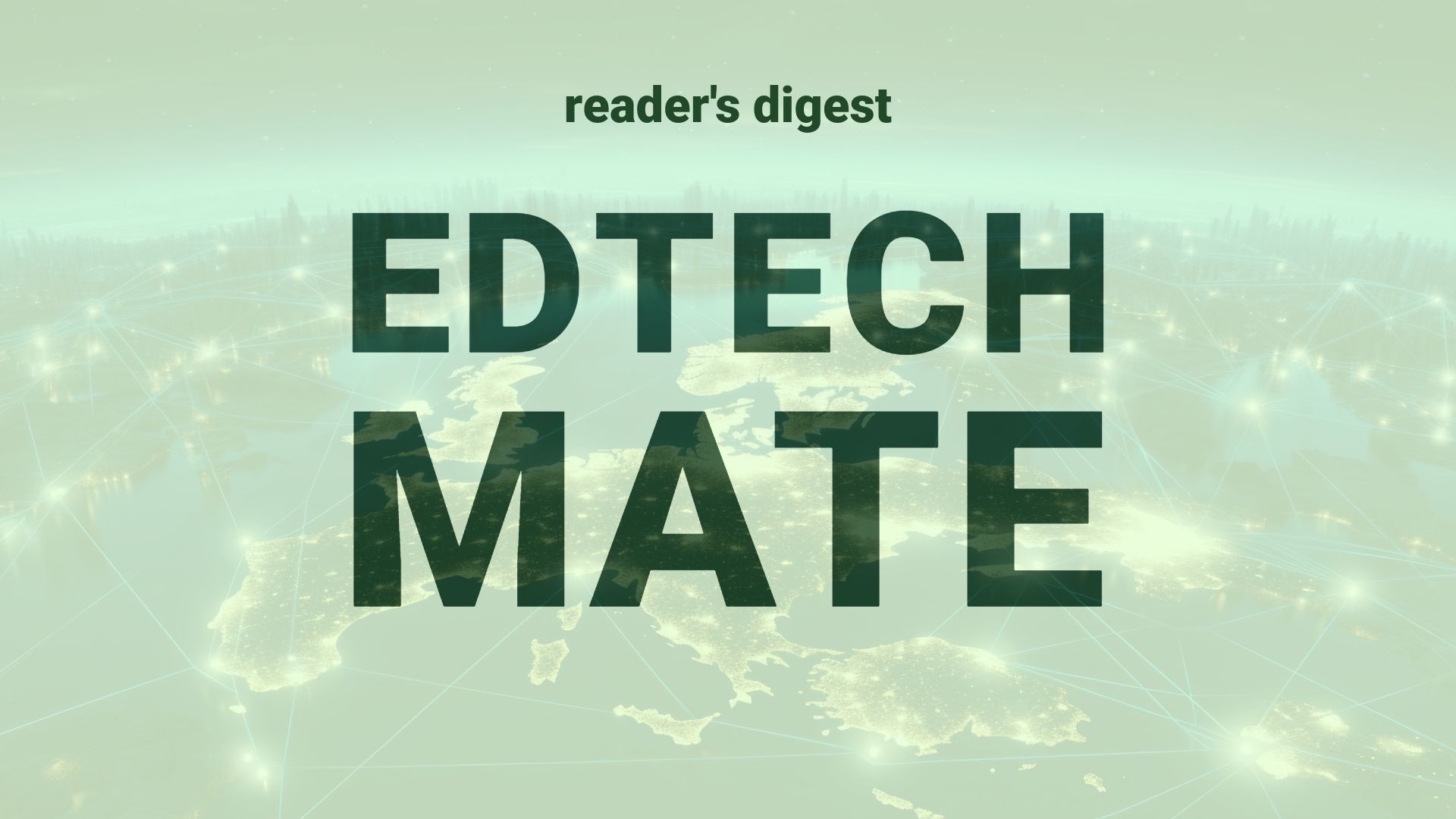Executive Summary and Main Points
The integration of advanced Artificial Intelligence (AI) is paramount in spearheading developments across various sectors, not least within global higher education landscapes. Key innovations such as Generative AI, which encompasses tools capable of creating new multimedia content, and Deep Learning, which offers more autonomous and accurate machine learning capabilities, are particularly influential. Meanwhile, concepts like Artificial General Intelligence (AGI), though still theoretical and distant, suggest a future where machines can perform any intellectual task that a human being can. Prompt Engineering and Tokenization represent pivotal techniques in optimizing AI output and secure, efficient data handling respectively. These technologies are fundamentally reshaping content creation, information processing and security protocols, necessitating strategic adaptation within educational frameworks.
Potential Impact in the Education Sector
Further Education and Higher Education institutions can harness these AI-driven technologies to tailor and enhance learning experiences, develop personalized content, and streamline administrative operations. Generative AI could revolutionize content creation for online courses, while deep learning algorithms might personalize learning paths for students. AGI, though speculative, could one day transform the role of educators and facilitators in academic settings. The expansion of Micro-credentials, facilitated by digitalization and tokenization, offers flexible, scalable opportunities for learners to gain and prove competencies. Strategic partnerships between tech providers and educational bodies are crucial for the effective integration of these technologies, potentially redefining global education delivery and certification.
Potential Applicability in the Education Sector
Innovative applications of AI and digital tools within global education systems are manifold. Generative AI can be utilized to create custom educational materials, simulations, and interactive learning environments, enhancing student engagement. Prompt Engineering can refine the interactions between students and AI educational tools, optimizing the learning process. Deep Learning could enable the development of intelligent tutoring systems that adapt to each student’s learning style and pace. Tokenization may facilitate the secure and efficient sharing of credentials between institutions and potential employers, encouraging lifelong learning and continuous professional development. These applications reflect a profound shift towards a personalized, digitally-enabled educational paradigm.
Criticism and Potential Shortfalls
Critical analyses suggest potential shortcomings in untempered AI adoption in education, such as the homogenization of learning experiences and overreliance on technology at the expense of critical thinking and human interaction. There are also ethical concerns—such as data privacy and the digital divide—that could exacerbate inequalities if not cautiously managed. Comparative international case studies reveal disparities in access and readiness for these technologies, highlighting the need for careful consideration of contextual, cultural, and infrastructural factors. The introduction of such tech must be balanced with pedagogical goals and human-centric approaches to maintain a diverse, equitable education landscape.
Actionable Recommendations
To actualize the benefits of AI in education, leadership must foster literacy in digital and AI technology among educators and administrators. Pilot projects could be established to test the integration of Generative AI in content development. Partnerships with AI tech firms should be sought to bridge knowledge gaps and provide tailored solutions. Continuous evaluation and ethical oversight mechanisms must be implemented to ensure educational integrity and equity. Lastly, international collaborations could facilitate shared best practice models and resources, optimizing the global impact of AI in higher education, and ensuring that micro-credentials remain relevant and recognized across borders.
Source article: https://www.mckinsey.com/featured-insights/mckinsey-explainers/whats-the-future-of-ai

